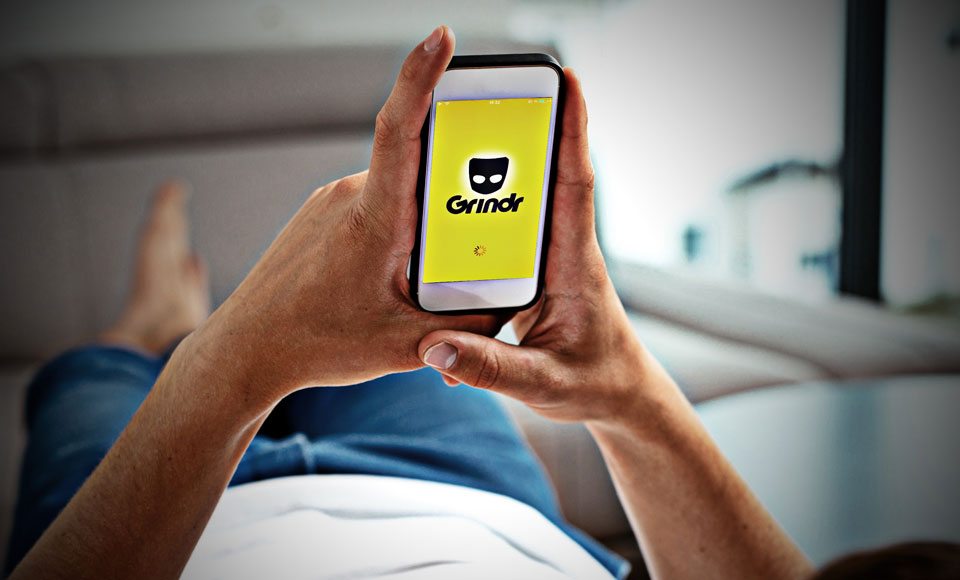Gay dating app Grindr is the latest tech company to be caught up in an alleged privacy breach.
A recent BuzzFeed report revealed that the popular dating app had been sharing sensitive user information such as the HIV status, location and e-mail of its users with at least two third-party services. Given that Grindr boasts 3.6 million daily active users around the world, this is not a good look for the American-based company.
Grindr was quick to hit back at the allegations though, telling BuzzFeed that data sharing is “standard” in the industry and highlighted the fact that the app has always been a “public forum”.
Whilst that explanation isn’t going to go down well with users who trust these kind of companies with their details, the process has always been there (see recent Facebook privacy breach). It also shines light on the fact that a lot of these major companies actually don’t how their database information is spread to external groups.
In Grindr’s defence, the app does let users specify their HIV status and the date of their last health check. From there the app utilises external services such as Apptimize and Localytics to track how its users engage with it.
It’s this stage of the process that Grindr sends the details of their users’ HIV status along with their health test dates, GPS location data, phone ID and e-mail.
Everyone is bitching, but I bet if it saved you from getting HIV, your like thank uuuuuuuu grindr
— Chris (@haddysworld) April 3, 2018
Grindr Chief Technology Officer Scott Chen explained that the company does not and will not sell users’ data to third parties or advertisers – it will only “work with” vendors to further enhance the app, but this involves data sharing.
“There are data retention policies in place to further protect our users’ privacy from disclosure,” Chen added.
The company spokesman went further by saying that if users didn’t want their data being shared, they simply shouldn’t have volunteered.
“It’s important to remember that Grindr is a public forum. You should carefully consider what information to include in your profile.”
Bryan Dunn who is the vice president of product at Localytics responded in a statement to the matter, explaining that his firm doesn’t “automatically collect” a user’s personal information.
“It is up to each customer to determine what information they send to Localytics, and Localytics processes that data solely for the customer’s use,” he said.
“We do not share, or disclose, our customer’s data.”
Ben Wizner, director of the ACLU Speech, Privacy, and Technology Project, told BuzzFeed, “I hope that one small silver lining here will be that users and citizens will realise that there are enormous loopholes in the privacy regime.”
“Personal information is bought and sold freely on a global market.”
Grindr was officially founded in 2009 by Joel Simkhai. As of 2016 the app had been sold to the Chinese gaming company, Beijing Kunlun Tech Co.
